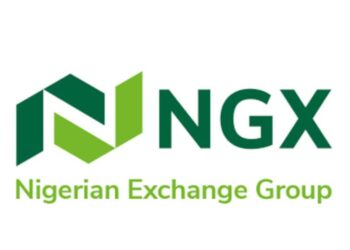Nigeria’s federal government, through the Federal Inland Revenue Service, FIRS, has introduced the VAT Direct Initiative, a scheme that would enable it to collect Value Added Taxes from the informal sector and reduce multiple taxations in the informal economy.
The FIRS disclosed this in a statement on Monday afternoon, stating that it is partnering with the Market Traders Association of Nigeria to collect & remit VAT from their members especially those in the informal sector using a unified systems technology.
The FIRS is the agency responsible for collecting Valued Added Taxes in Nigeria and other revenues accruable to the FG.
The Market Traders Association of Nigeria, founded in 1995, in the statement revealed that it is the largest player in Nigeria’s informal market space with a membership of over 40 million
The FIRS noted that it is partnering with MATAN to collect and remit Valued Added Taxes from their members- especially those in the informal, adding:
“This collaboration is known as VAT Direct Initiative, A collaboration between FIRS and MATAN where MATAN promotes awareness on VAT collection and remittance in the marketplace and informal sector, while also simplifying VAT payment and remittance for the marketplace and informal sector using a purpose-built digital platform.
Digital scheme
They also noted that MATAN has a digital platform that enumerates their members giving them a digital ID card and tracks their turnover so that VAT accrued is collected and remitted to the FIRS, adding:
“The Initiative is the first of its kind that will utilize technology to foster collaboration between the FIRS and the marketplace for the collection and remittance of VAT.
FIRS says this will help tackle multiple taxations in the marketplace through partnerships with security agencies to curb the activities of touts and self-imposed tax collectors.
“This will also boost VAR revenue generation for the three tiers of government, which in turn means more money to fund infrastructure and social amenities.”
MATAN members will each receive an ID card upon enumeration, which would contain their Tax Identification Number and other personal details.












